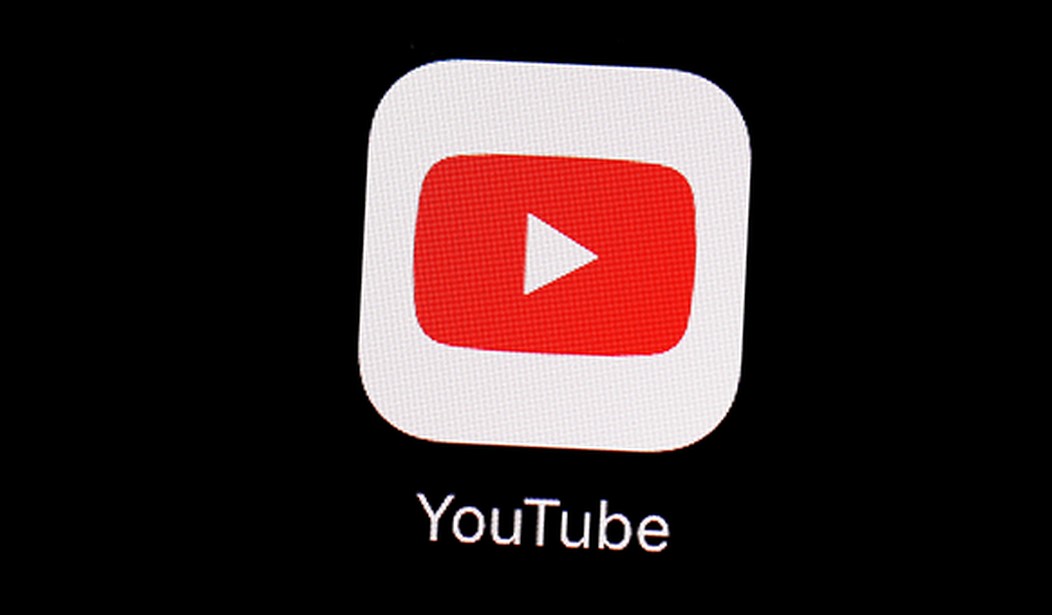Twice in thirty days, YouTube censored videos of mine on topics that I previously covered for Real Clear Investigations and Real Clear Politics. The video platform blocked me from posting anything for two weeks, and said that the ban would be permanent if another violation occurred in the next 90 days.
In January, a violation was issued after I posted a video on the problems with mail-in voting in Missoula County, Montana (“A River of Doubt Runs Through Mail Voting in Big Sky Country,” Real Clear Investigations, March 24, 2021). A recount of the mail-in ballot envelopes found that 4,592 (6.33%) of 72,491 mail-in ballots lacked envelopes. Without an officially printed envelope, registration information, voter signature, and postmark date, election officials cannot verify the vote’s legitimacy. It is against the law to count such votes.
My appearance on an America’s Voice news show also drew YouTube’s ire, this time for violating their community standards on “Elections misinformation policies.” The guidelines explain, “This currently applies to: Any past U.S. Presidential election.”
In fact, the video never directly discussed the presidential election and never said that Donald Trump won the election. Trump won Montana handily, so the results there were never in question. After an appeal, YouTube wrote back and said that it had carefully reviewed the video again, but still wouldn’t change its decision. The company did not respond to my arguments.
Another apparently offensive appearance came in February on Sebastian Gorka’s national radio show. That interview discussed President Biden’s nascent national gun registry, after the ATF revealed that it had created a searchable digital database of 866 million firearms purchases (including some 54 million in 2021 alone).
Recommended
In this case, I was not in trouble for anything that Gorka or I said in the interview, but because Gorka supposedly violated community standards in other episodes. So, apparently, I am responsible for monitoring not just what I say or what others say in my presence, but also for what others say at other times.
In May 2020, YouTube flagged my eleven-second clip of a character in CBS’s Blue Bloods making the false claim that police commit suicides at high rates because they have “easy access to guns.” the clip was yet another example of the misleading information that television shows provide about guns. I accompanied the video with a post about academic research that shows there are no drops in overall suicide rates when guns are banned or when guns are required to be locked up.
Someone complained to YouTube about my post, but I never learned what the problem was. I was simply told, “It’s important to us that YouTube is a safe place for all.”
These aren’t the only run-ins I have had with social media censorship. Twitter twice censored a post of mine claiming that the 2019 New Zealand mosque shooter was “a socialist, environmentalist, who hates capitalists & free trade.” I also wrote that the killer believed his attack would “lead to more gun control” in New Zealand and the United States. Twitter didn’t bother to provide me with an explanation for why they locked my account for months. After I wrote about the incident in the New York Daily News, the Crime Prevention Research Center tweeted out a link to my article and its account was subsequently locked.
The most maddening thing is the frequent lack of clarity about the exact nature of the violations. I have now taken to also posting on Rumble, which doesn’t censor content, but it will take a while before I gain as many followers as I have on YouTube.
All this is happening at the same time that the social media giants are refusing to block the accounts of terrorists and invading governments.
But that wasn't the end of the story. After my appeals to YouTube failed, I reached out to Grover Norquist, , an influential Washington, D.C. conservative and president of Americans for Tax Reform. His staff interceded with Google, YouTube's parent company. After four days, Google removed all of the strikes on my account and reactivated it. "I would like to apologize again for the disruption our errors caused you," a Google staffer wrote me.
While things eventually worked out, my accounts were closed for two-and-a-half weeks this year, I would have gotten nowhere if I didn't know an influential person who had personal contacts.
The problem is more fundamental. The staffers are intentionally censoring people they disagree with, and I doubt they got in any trouble for their “errors”. YouTube doesn’t respect free speech, and people are less informed because of it.
Lott is the president of the Crime Prevention Research Center and the author most recently of “Gun Control Myths.” Until January 2021, Lott was the senior adviser for research and statistics at the U.S. Department of Justice’s Office of Legal Policy.

























Join the conversation as a VIP Member